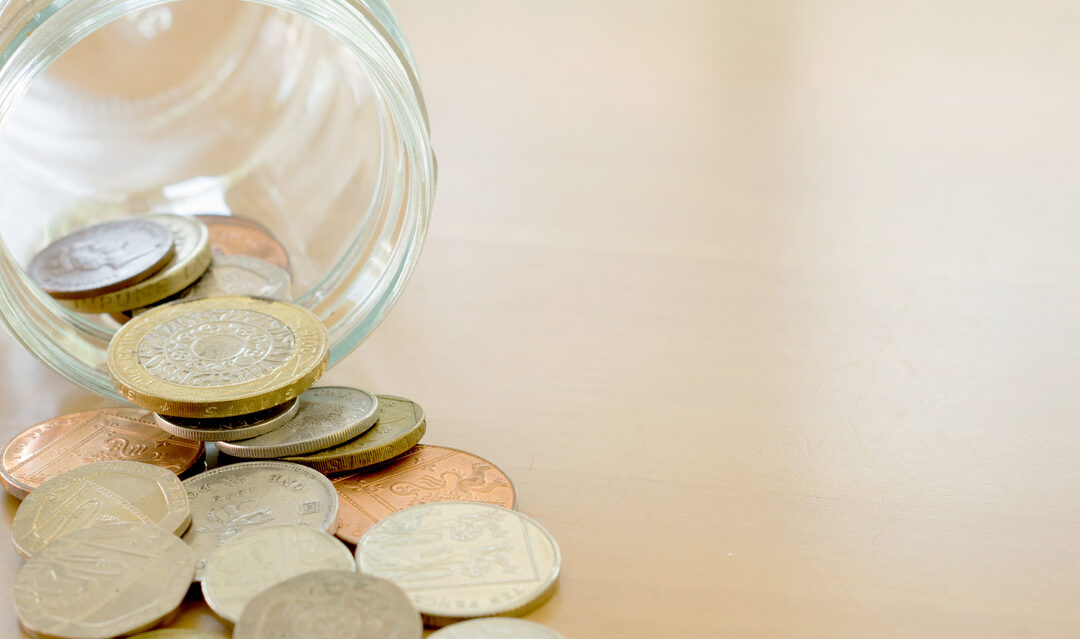The pound has been on a winning streak so far this year, nearing a 3-year high against the dollar this week and reaching an 11-month high against the euro. With the vaccination rollout a continuing success and hopes for economic recovery, could anything push sterling lower?
The Brexit uncertainties of 2020 have faded into the background, with the markets now focusing on COVID-19 and the economy. The UK’s vaccine rollout, which has been successful, speedy and has so far vaccinated one in three adults, has boosted hopes for economic recovery in the UK. This, coupled with falling infection rates, has given sterling a lift and the markets are increasingly optimistic about the outlook for 2021.
However, we know that the currency markets can be unpredictable at best, so it’s impossible to say whether sterling will continue to climb or fall dramatically. We take a look at a few factors that could knock the pound off its perch.
Get a quote from us today by completing our simple form. We’ll take a look at your requirements and arrange to speak to you at a suitable time to offer the best possible solution for all of your upcoming currency transfers.
The Chancellor’s Spring Budget
Chancellor Rishi Sunak will outline the government’s spending plans on March 3, including whether the UK will begin paying off its debts and how it is going to support those hardest hit by the economic effects of the pandemic.
Sunak said that he will be “open and honest” with the British people about “the need for sustainable public finances in the future” and “exactly what that means”. The pound could be impacted by the tone of the Budget – an emphasis on economic recovery for this year might prompt it to go higher, whilst talk about rising government borrowing and an increase in unemployment when the Furlough scheme ends could have an adverse effect.
Could the vaccination rollout slow down?
The rate of vaccinations administered in the UK has been phenomenal, with one in three adults having received their first dose. However, second doses will now need to be administered. This could potentially slow down the pace for those receiving their first doses. Whilst a significant slowdown isn’t anticipated by the government, it’s possible that the pace of the rollout will ease somewhat, which could impact the pound.
Will Europe pick up the pace?
Sterling has not only performed well against the euro due to the UK’s vaccination programme but also as a result of the slow pace of vaccinations in Europe. This has been weighing on the single currency.
However, although there are many factors that are still causing Europe’s vaccine programme to lag, there are also signs of improvement. AstraZeneca has confirmed that it should be able to supply 180 million doses of its coronavirus vaccine to the EU in the second quarter of the year. European Commission President, Ursula von der Leyen, has also said that Europe is ‘catching up’.
If Europe does eventually pick up the pace, we could see the euro strengthen against the pound.
Easing restrictions
The government recently released its ‘roadmap’ for exiting lockdown restrictions. While we hope that restrictions will be able to ease as planned, any setbacks or delays due to increasing infection rates could have a negative impact on the pound and hopes for swift economic recovery.
Your next steps
Considering these factors and the unpredictable nature of the currency markets, why not take advantage of the pound’s strength while it lasts? Act now by locking in the current rate for up to 12 months with a forward contract. This will ensure that your payments, transfers and property-buying budget are protected from currency fluctuations.





















